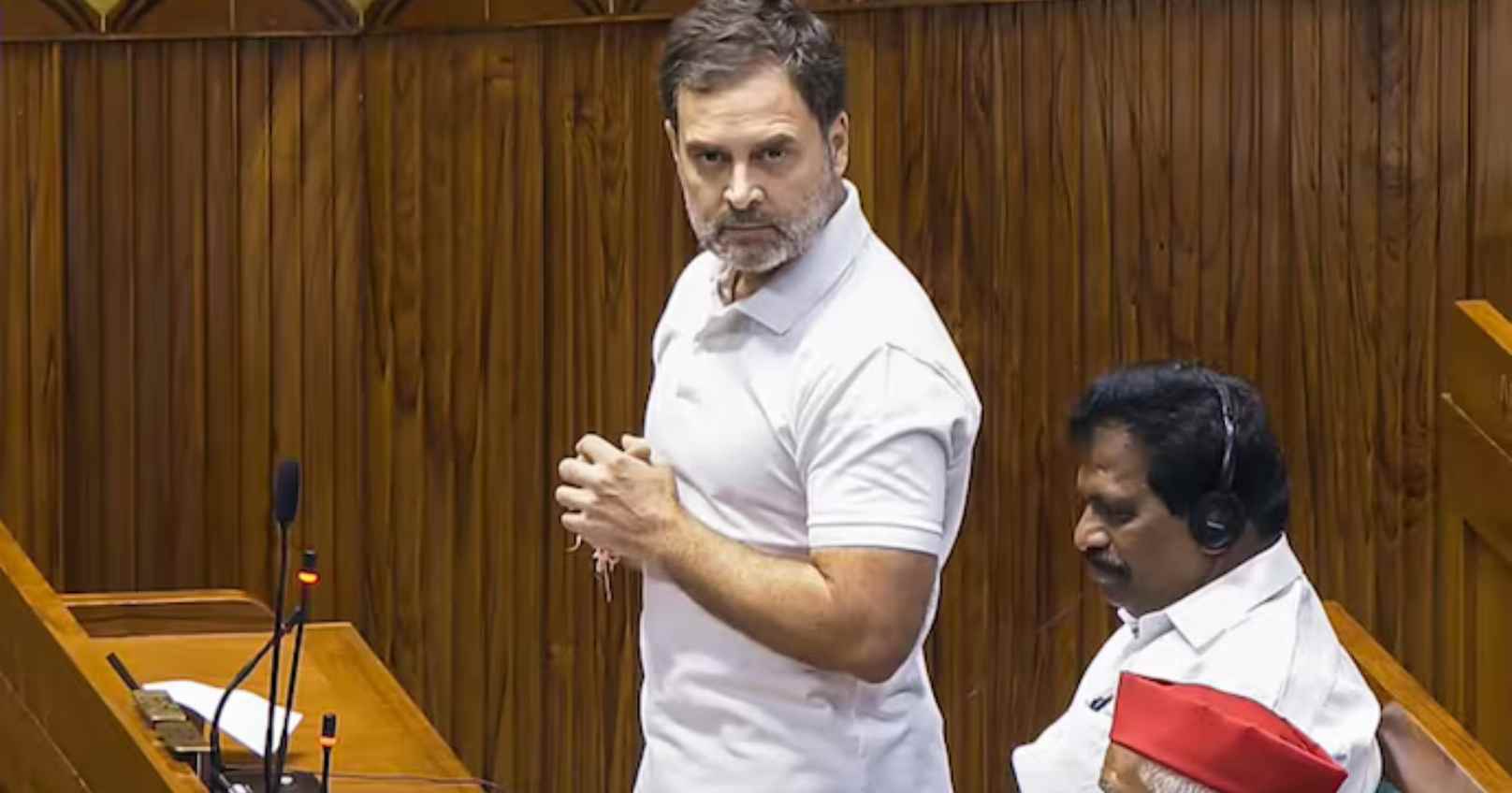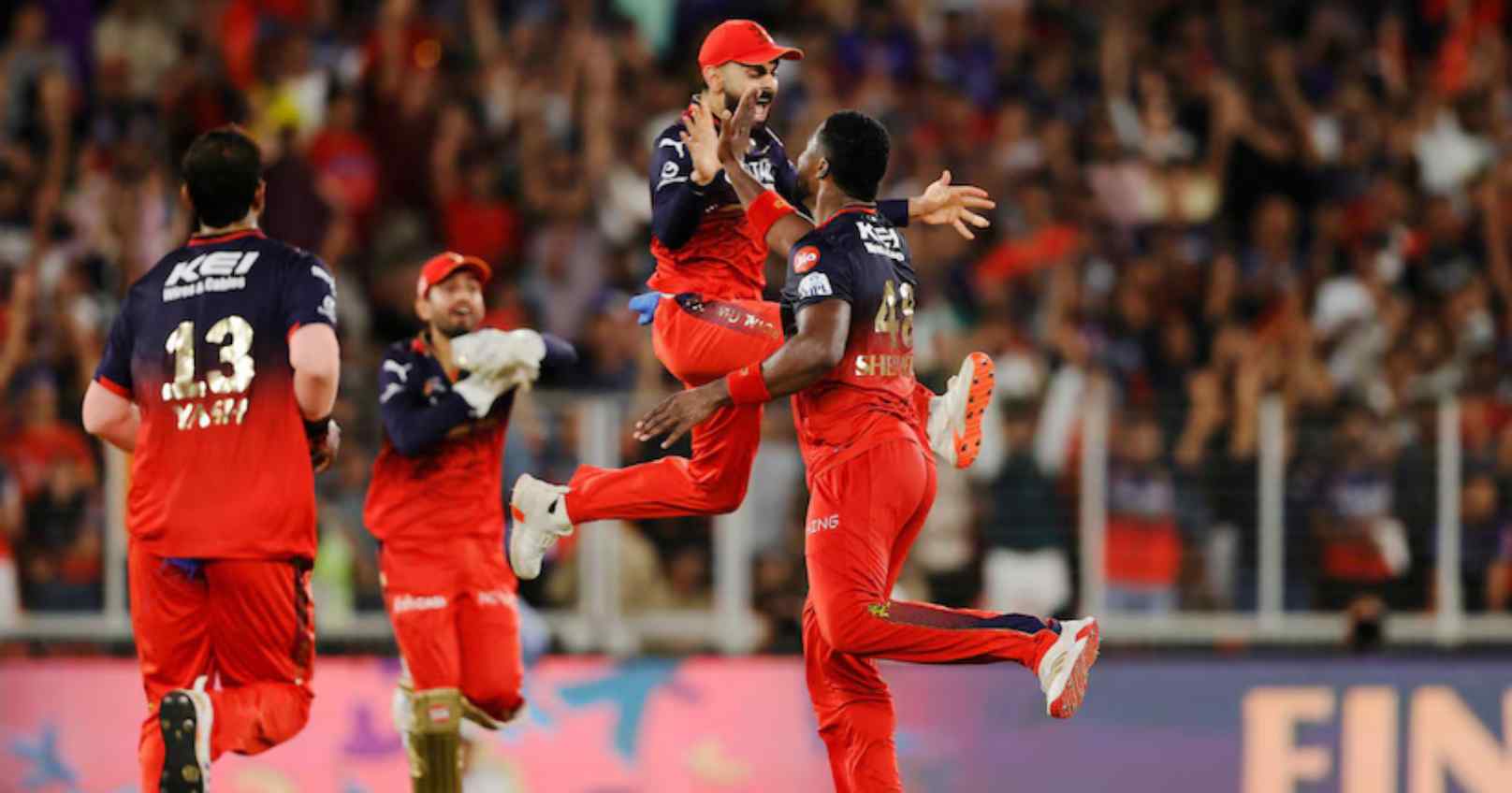The Lok Sabha witnessed heated scenes on Monday when Congress MP and Leader of Opposition Rahul Gandhi made indirect references to industrialists Gautam Adani and Mukesh Ambani during his address. Despite Speaker Om Birla's directive to avoid mentioning individuals not part of the House, Gandhi found creative ways to allude to the businessmen.
During the debate on the Union Budget, Gandhi likened the current political and economic climate in India to the 'chakravyuh' from the Hindu epic Mahabharata, describing it as a complex trap designed to consolidate the power of major corporations and the deep state.
"Thousands of years ago in Haryana, in Kurukshetra, six individuals killed a young man, Abhimanyu, by entrapping him in a 'chakravyuh', a formation filled with violence and fear," Gandhi stated, drawing a parallel to modern times. He suggested that six key figures—Narendra Modi, Amit Shah, Ajit Doval, Mohan Bhagwat, Gautam Adani, and Mukesh Ambani—were at the center of this 'chakravyuh'.
Speaker Om Birla interrupted, reminding Gandhi of the rules against making allegations about individuals outside the House. "It is expected from the Leader of Opposition to adhere to the rules," Birla said.
Gandhi acknowledged the Speaker's objection and refrained from directly naming the industrialists. However, he continued to insinuate their involvement, suggesting that the nation's wealth was being funneled to them. When warned again, Gandhi asked rhetorically how he should refer to them, suggesting humorously, "Should I call them number 3 and number 4?"
Parliamentary Affairs Minister Kiren Rijiju accused Gandhi of challenging the Speaker's authority and not abiding by parliamentary rules. Despite the brief uproar, Gandhi persisted, suggesting that Rijiju was acting under orders to protect the industrialists. "It's a democracy; he is allowed to defend them," Gandhi remarked.
Gandhi has long criticized the Narendra Modi-led NDA government for crony capitalism, alleging favoritism towards Adani and Ambani. In contrast, PM Modi has defended his stance, asserting his support for the country's wealth creators and expressing his readiness to face consequences if found guilty of any dishonest benefits.
This session highlighted the ongoing tension between the opposition and the ruling party, especially regarding economic policies and the influence of big businesses.







